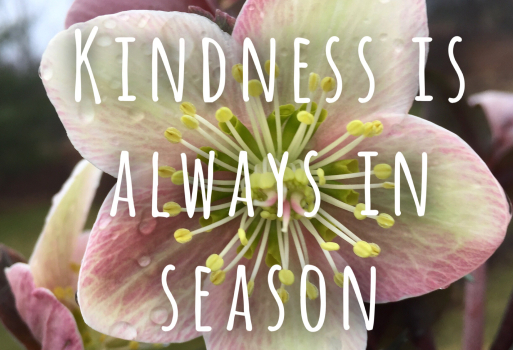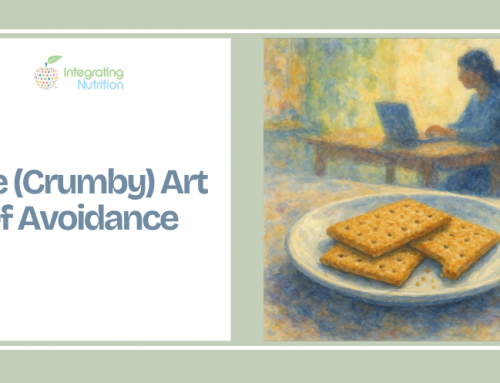It’s customary this time of year for Spring Cleaning; you know, to sweep out what’s old and stale and let in some fresh, healthy stuff. My suggestion: while we refresh our homes, why not refresh our spirits? We spring forward by adding an hour to our clocks, why not spring forward by enhancing our lives with self-kindness? This kind of thinking (pun intended) is actually relatively new in psych circles, but makes tons of intuitive sense to me.
There has been a fair amount of chatter on social media these days, criticizing the “everyone gets a trophy” approach to child development. Some pundits (who, it should be pointed out, are generally non-experts in child development) see this style of parenting as the root of the sort of self-entitled thinking that leads to a range of socially destructive consequences. While that assessment may or may not have any merit, there is a growing argument that a purely self-esteem based approach to life is less effective for happiness in life than a philosophy based on self-compassion.
It is, of course, healthy and even necessary to have a strong sense of who we are as individuals. It would be, well, impossible to get out of bed in the morning without some degree of confidence. If I wasn’t confident that I could be of value to my clients, I would not have the wherewithal to go in to my office… or even to post stuff like this very blog!
But putting too much effort into self esteem can also have a downside. When we stumble or miss a goal or see ourselves as less-than compared to someone else, our self-esteem diminishes, leaving us either depressed or trying to prop up a sense of self that we fear, on some level, is unearned. With self-compassion, healing (and the potential for growth) doesn’t come from defining ourselves in relations to some ideal self. Healing comes from just accepting ourselves–our flaws and our virtues alike–with an open heart. When we allow our own self-compassion in, it is easier to admit missteps or disappointments to ourselves, and let these things go. We are not ruled by our emotions or trapped by regrets.
Consider this: we tend to treat others with this exact sort of compassion. When good friends confide in us about regrets or shame or after missteps, we tend to treat them with kindness. “Don’t beat yourself up,” we might say, “you did the best you could in the moment,” and sit then with them with affection, without judgement. Does it really make sense to treat others better than we treat ourselves?
In this season of new budding flowers and the gentle re-emergence of life, let’s reawaken our own inner strength and beauty… through the gentle nurturing of self-compassion.





